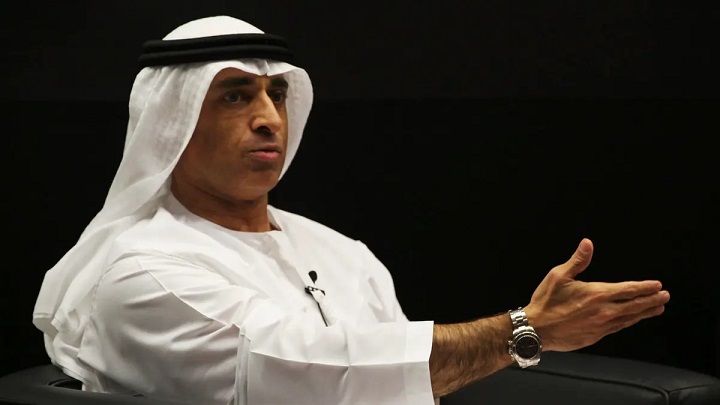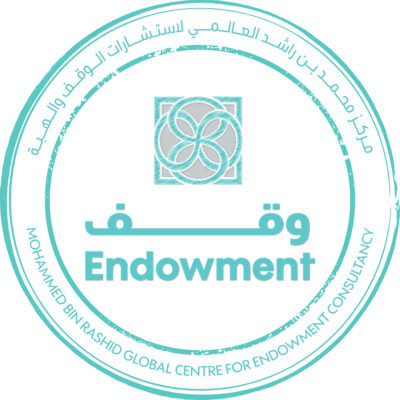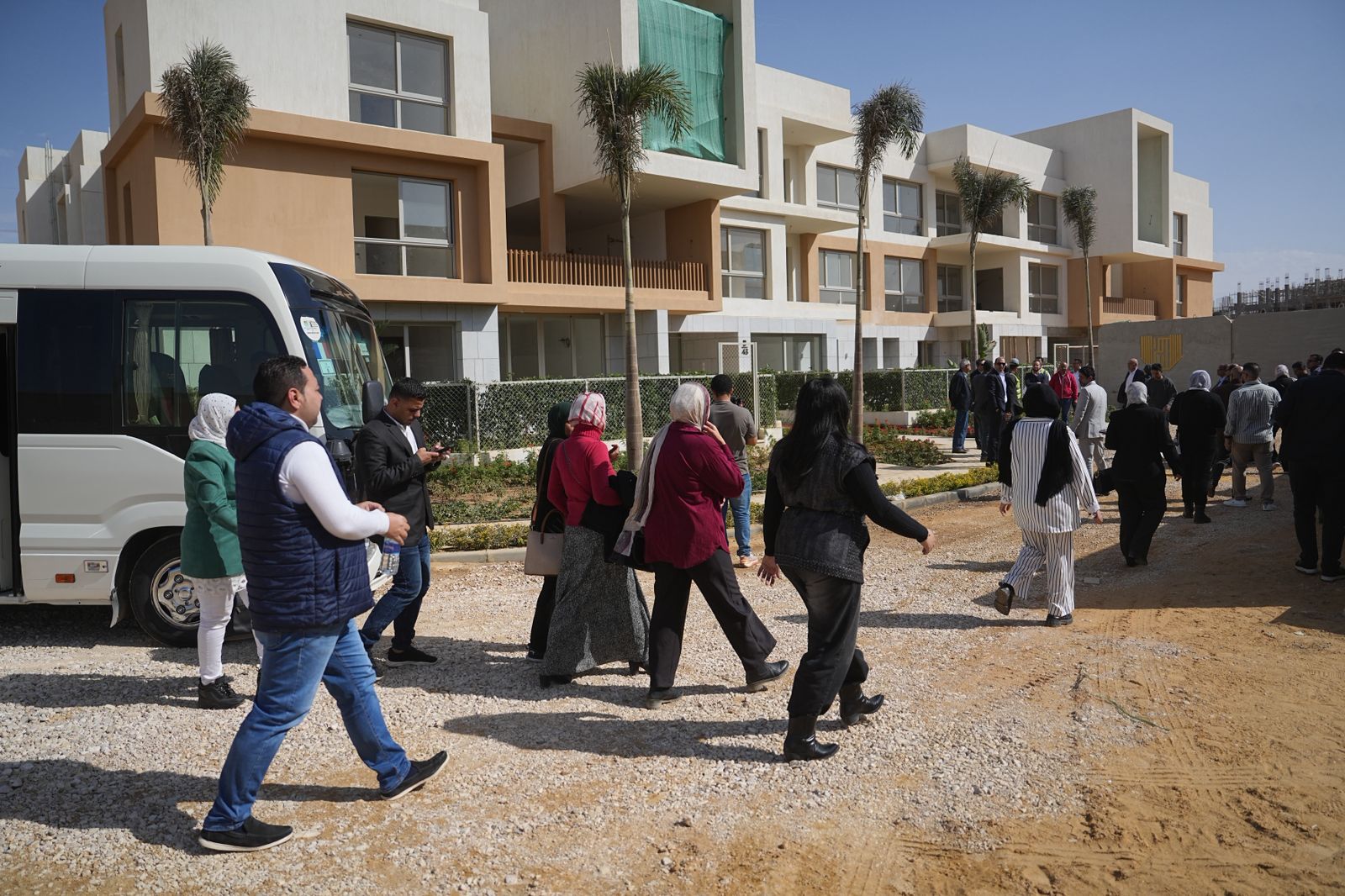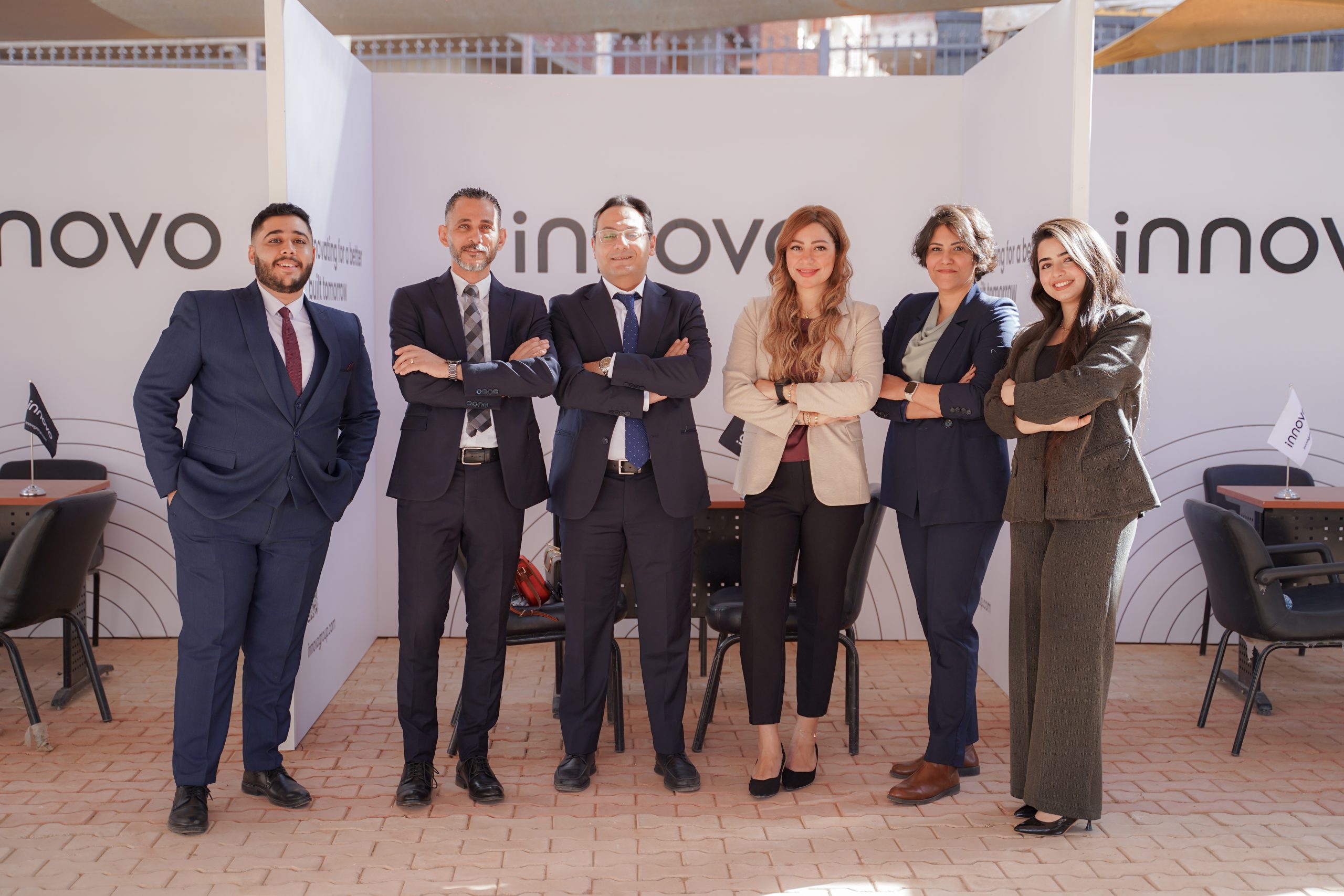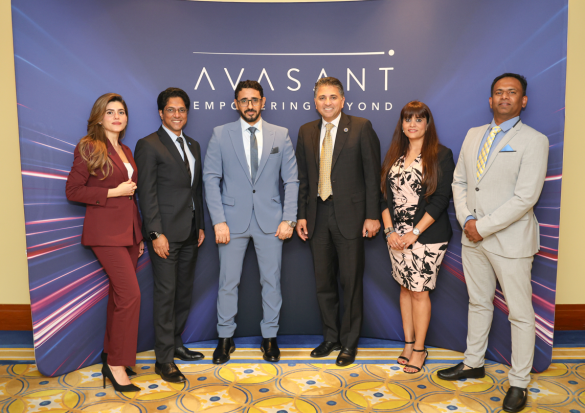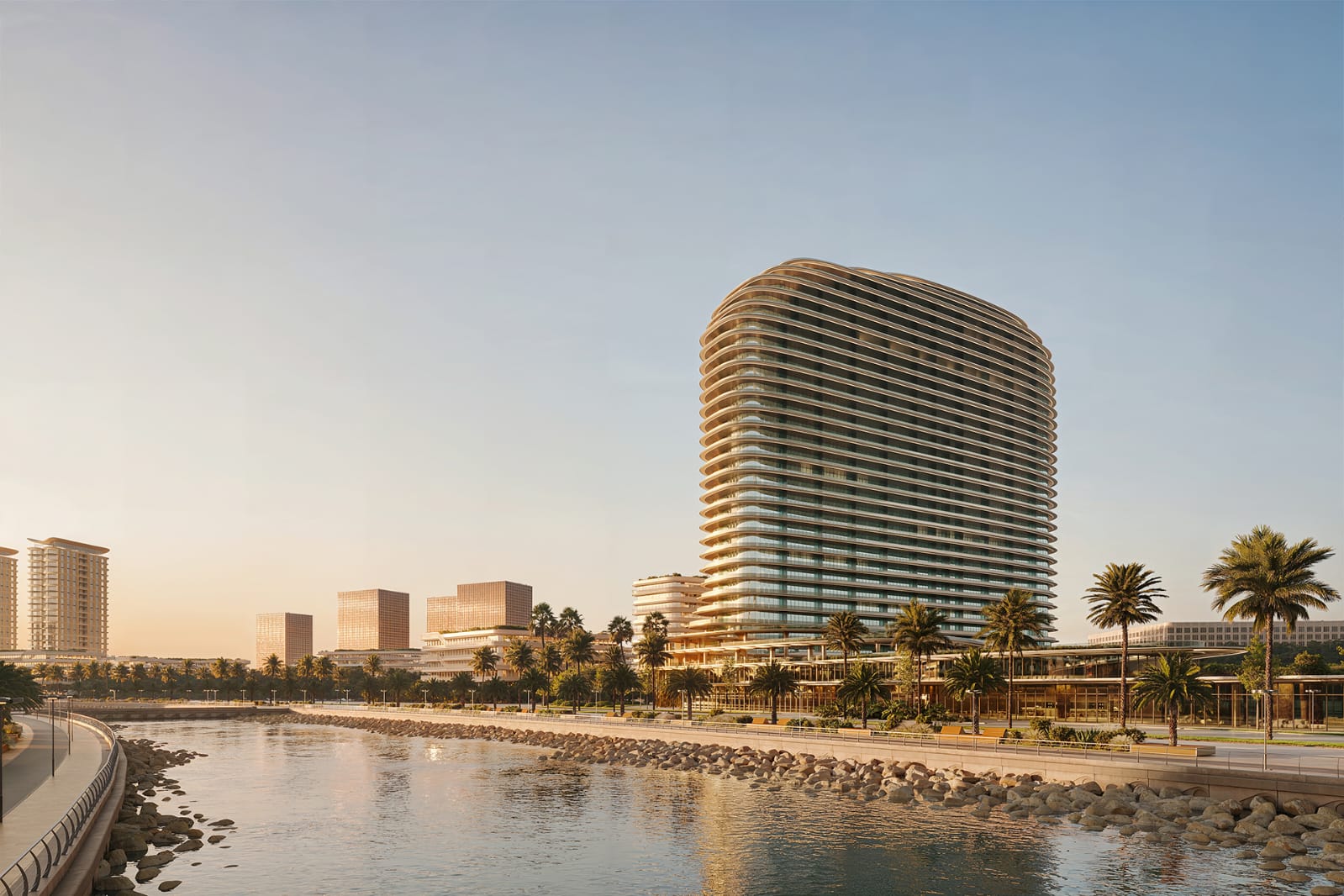Dubai- Masaader News
The relationship between the United Arab Emirates and the United States is going through “a stress test,” Emirati envoy to Washington Yousef al-Otaiba, said on Thursday, but added that he was confident the close partners would “get out of it.”
The UAE has tried to remain neutral between Western allies and Russia as Washington pushes for a global stand against the Russian invasion of Ukraine. Abu Dhabi has also been pushing Washington to reinstate a terrorism designation on Yemen’s Houthi group after it launched attacks on the Gulf Arab state.
“It is like any relationship. It has strong days where the relationship is very healthy and days where the relationship is under question. Today, we’re going through a stress test but I am confident that we will get out of it and get to a better place,” Otaiba said in an onstage interview at a defense event.
He did not elaborate.
The United States is a key security ally for Gulf states but Emirati officials have voiced uncertainty about the US commitment to the region and have been building ties with countries like China and Russia and moving to boost UAE defense capabilities as a deterrent to Iran.
The UAE, frustrated by the slow pace of a deal to acquire US-made F-35 fighter jets and conditions related to the sale, said in December it would suspend discussions on it, part of a $23 billion deal that includes drones and other advanced munitions.
Sticking points have been concerns over Abu Dhabi’s relationship with China, including the use of Huawei’s 5G technology in the country, how the stealth jets can be deployed and how much of the F-35 technology the Emiratis will be able to use.
“I think we have a very strong and very clean track record of not only getting the most sensitive American and other Western technology, we also have an incredibly strong track record of protecting that technology. We have had zero incidents where anything has fallen into the wrong hands,” Otaiba said.
The UAE already has American-made F-16 fighter jets.
He said the UAE wanted to develop an organic, self-sufficient defense industry.
“We want countries and companies to come in here and create the industry…We want people to transfer their technologies here. We want people to develop their technologies here.”

